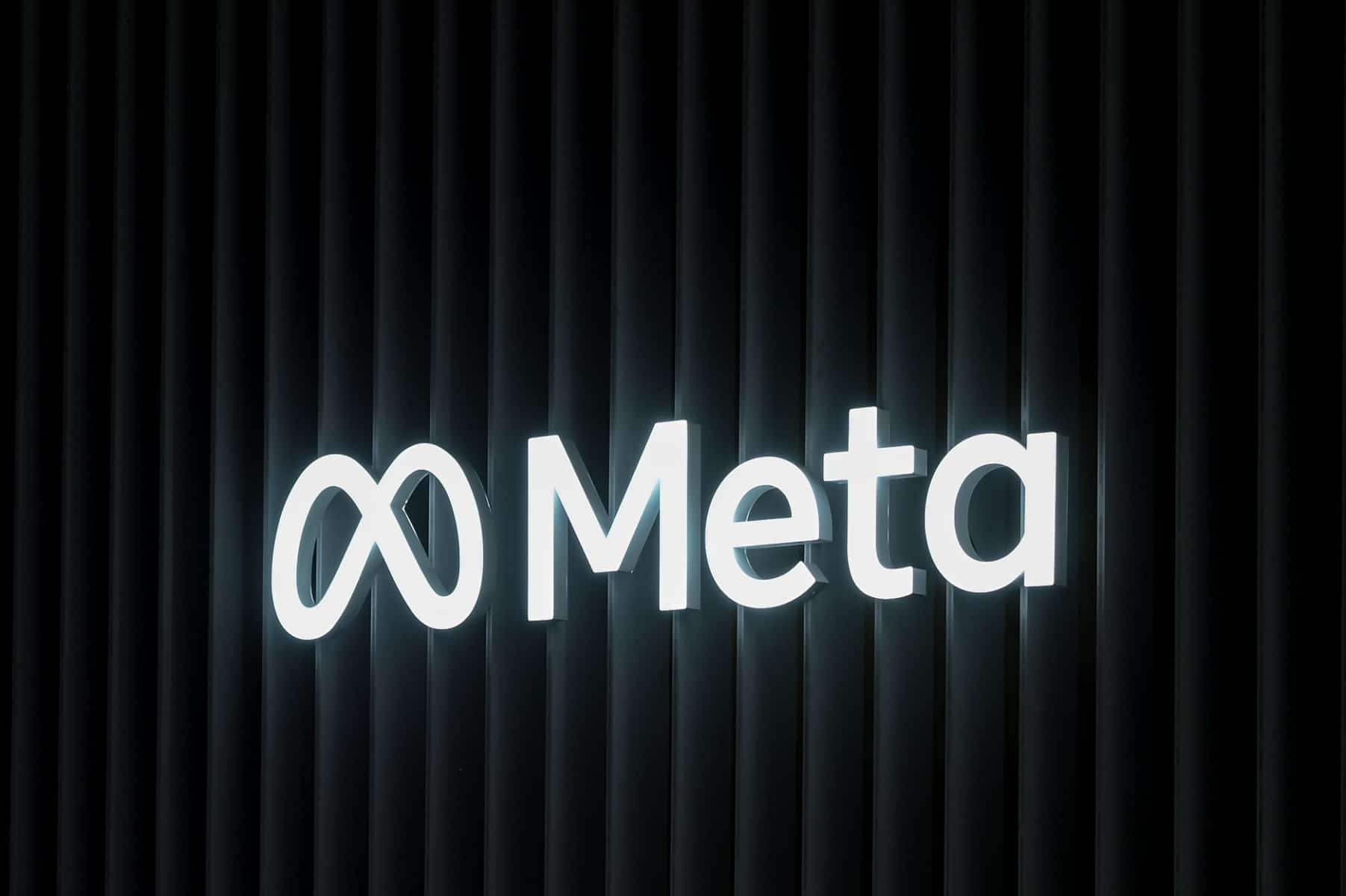Washington, United States– Meta, IBM and dozens of startups and researchers have launched an alliance defending a more open and collaborative method to develop artificial intelligence, setting up a clash with OpenAI and Google over the technology’s future.
The philosophical debate has become the central battleground for AI’s future, with increasing concern that Microsoft-backed OpenAI and Google will alone underpin a technology that could become increasingly crucial to our everyday lives.
“This is a pivotal moment in defining the future of AI,” said IBM CEO Arvind Krishna in the statement announcing the AI Alliance on Tuesday.
ChatGPT creator OpenAI as well as Google defend a closed system for the large language models that have wowed the world by churning out human-quality images and text from simple prompts.
They view themselves as an AI adult in the room, with total control on the technology to ensure that it is deployed ethically and responsibly — and stays out of the hands of bad actors.
On the other side of the debate, open source advocates argue that sharing AI technology can spur innovation as well ensure that not one company or actor gets dangerously ahead.
Their position was given more ammunition earlier this month when a boardroom civil war at OpenAI saw Microsoft’s role strengthened and deepened misgivings about one company playing such an outsize role in providing AI.
“Pursuing open innovation levels the playing field, allowing everyone to share in the benefits of generative AI,” said Jennifer Chayes, Dean of UC Berkeley’s College of Computing, Data Science, and Society.
Meta, the parent company of Facebook, is one of the biggest believers in the open-source model and argues against keeping AI’s future holed up in the secretive labs of a few tech giants.
Unlike OpenAI’s GPT-4, the model behind ChatGPT, Meta has made its LLaMA models easily available for researchers and startups to tinker with and perfect.
“We believe it’s better when AI is developed openly –- more people can access the benefits, build innovative products and work on safety,” said Nick Clegg, president of global affairs at Meta.
IBM and Meta are joined by about 50 companies and organizations including Intel and NASA.
OpenAI and Google are not among the founding members.








